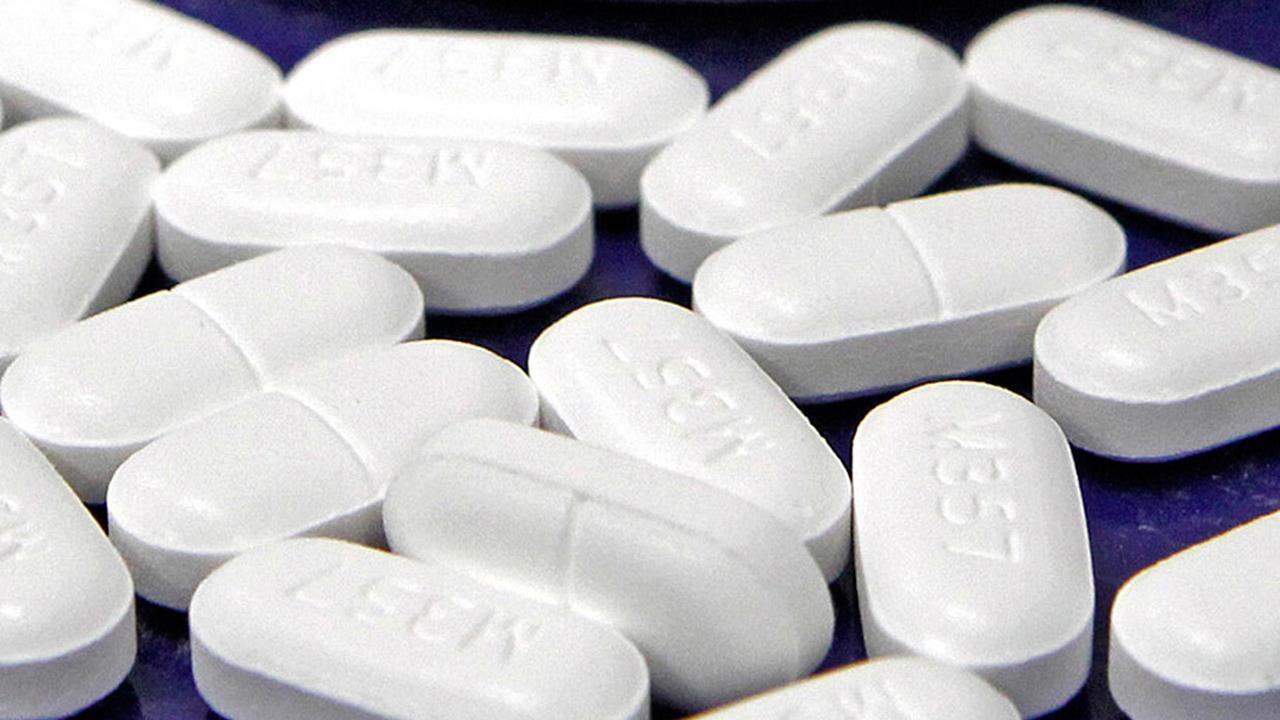Here’s what the Trump administration has done so far to lower drug prices
The Trump administration began to follow through this week with its initiative to reduce prescription drug costs, first laid out in a broad blueprint in mid-May, according to Health and Human Services Secretary Alex Azar.
President Trump on Thursday thanked Pfizer and Novartis for keeping their prices steady, after he publicly feuded with the pharmaceutical giants over their latest drug price hikes. He hinted that it could be the first step in lowering prices, “maybe substantially,” in reducing the cost of prescription drugs.
Although Azar applauded the big pharma companies for freezing their price hike, he also said the Trump administration is not relying on their voluntarily actions to reduce drug costs.
“This is the pharmaceutical industry seeing the writing on the wall,” Azar said during an interview with FOX Business’ Stuart Varney. “They know that President Trump and I are committed that we’re going to be bringing the prices down.”
Already, the administration has begun to set up legislative and regulatory action to incentivize companies to reduce drug prices, he said. That includes the creation of a new, broader pathway for cheaper, over-the-counter drugs for people. Azar said it’s now easier to create biosimilars, or generic drugs of the high-cost biologics.
And on Thursday morning, the White House announced that Azar will be tasked with finding an easier way to import drugs, in order to solve the supply and price disruptions in the U.S. Trump has repeatedly criticized the pharmaceutical industry for “getting away with murder” by jacking up the prices of drugs that are manufactured more cheaply in other countries.
Prescription drugs cost more in the U.S. than just about anywhere else in the world, according to Drug Watch, a non-profit drug information network. And despite federal restrictions, the Kaiser Family Foundation reported in November 2016 that 19 million adults in the U.S. imported medication from Canada or other countries to save money.
“We think we’re getting the best of both worlds, respecting innovation but also harnessing the power of our markets,” Azar said.




















